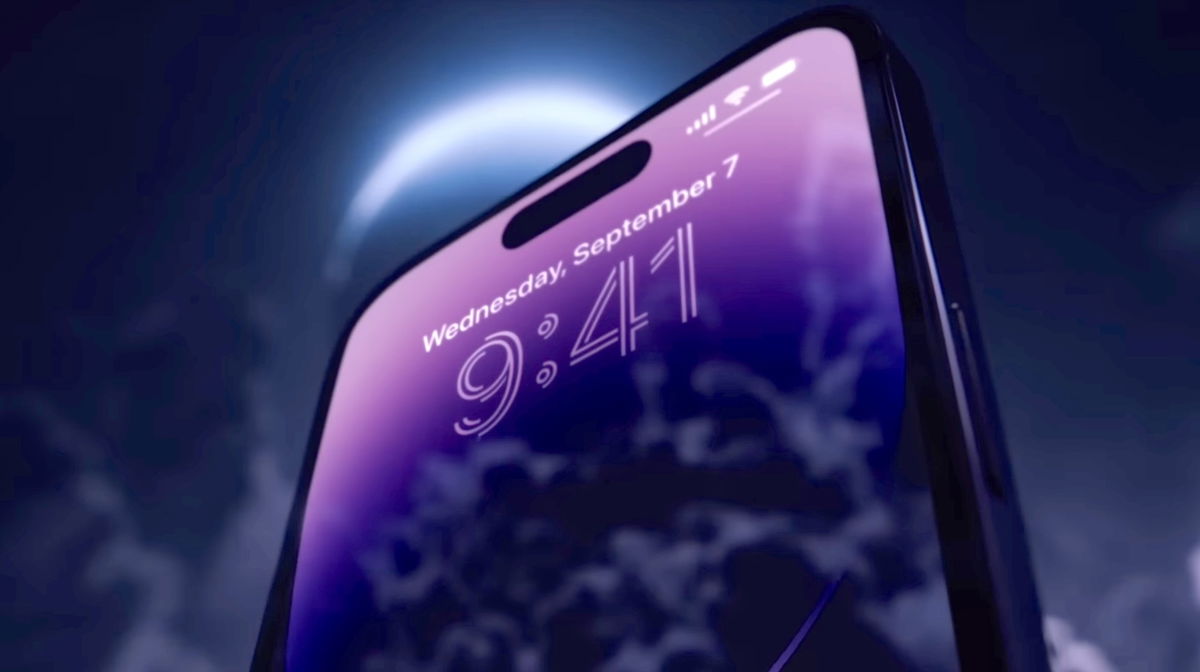For better or worse, whether we like it or not, artificial intelligence (AI) is transforming the technology world, and more companies are looking to integrate it into various devices. This impact is especially noticeable on smartphones, where AI works quietly in the background, performing functions such as facial recognition, photo enhancement, language understanding and assistance with everyday tasks. However, what we are seeing today is just the beginning of a much broader potential. What can this technology achieve in the future? Here are five things I’d really like to have in an AI-powered mobile phone.
Incredibly advanced personal assistant
It would be great if mobile devices had an artificial intelligence assistant that not only responds to basic commands, but also anticipates and organizes everyday needs in advance. It can automatically suggest activities, content, notes or actions based on my preferences, organizing them in my agenda. For example, you could create a post in the Notes app with the title “Things I can’t miss on a trip to [país específico]based on previous conversations or emails related to the trip.
It can also recommend specific items based on the country entered; for example, when traveling to North America, you can suggest bringing a compatible plug. Likewise, I was able to create personalized packing lists, itineraries, and important reminders, adapting to my preferences and needs.
Automated letter

Another feature I’d like to have in an AI cell phone is the ability to help write messages, emails, and social media posts by suggesting improvements in style and tone based on context. AI can analyze content and offer automated responses based on previous conversations, adapting to the context of the message.
Likewise, it would be great if AI could make recommendations on how to make a message clearer, more compelling, or more appropriate for the audience. For example, if I’m writing an email about a work meeting, AI might suggest a more formal and professional tone. On the other hand, if I’m chatting on WhatsApp with my group of friends, I might suggest a more casual and informal tone, as well as emojis that I typically use in certain situations.
This feature will be similar to what Apple Intelligence or Google Magic Compose offers. The latter, available on Pixel 6 and later phones, lets you change the tone of a text message before sending it, making it more casual, exciting, or even Shakespearean.
Increased security

I would like my phone to have advanced AI features for facial and voice recognition to ensure maximum security for my personal data. This AI can learn my normal usage patterns and alert me to any unusual activity or unauthorized access attempts, providing an extra layer of protection.
In addition to accurately recognizing my face and voice, AI can automatically encrypt sensitive information stored on my device and offer adaptive multi-factor authentication. That is, in high-risk situations, such as access from unknown locations or unrecognized devices, the AI will adjust security levels to ensure my data is always protected.
Battery optimization

Cell phones these days offer saving modes that limit the use of certain features to extend battery life. However, it would be interesting to have an advanced battery management system that uses artificial intelligence to monitor and analyze my daily phone usage in detail.
AI could learn my usage patterns, anticipate my actions, and efficiently and automatically adjust my power consumption. For example, it could predict when I’ll need to charge my device and optimize performance based on my habits, ensuring that my battery lasts longer without sacrificing the phone’s performance or functionality.
Integration with various applications

An attractive feature of AI could be its integration with various applications. For example, AI can schedule messages to be sent on WhatsApp the same way it is done on Gmail. This would be very useful in cases where I want to respond in chat but it’s late and I’d rather the message be sent the next morning. This way, I could type a reply and schedule it to be sent at a more convenient time, making sure I remembered to reply and that the recipient would receive the message at a convenient time.
Another very attractive feature, although probably not as soon, will be the ability to transcribe online meetings, whether through Zoom, Google Meet and other apps, and then summarize the key points. This tool will save me time and increase my productivity since I won’t have to worry about taking detailed notes during meetings. The idea would be for the AI to collect all the important information and present it in a clear and organized way, ensuring that I don’t miss any important details.
While I don’t like the idea of being completely dependent on technology, a cell phone with artificial intelligence that can handle these tasks autonomously would be an important tool in many people’s lives, making it easier to manage their tasks and contacts and ensuring that they are always aware of their obligations and responsibilities.
Bonus point: photo editing improvements.

Many phones today come with basic editing features, but users have been waiting for a long time for a feature that allows them to remove unwanted items such as people, objects, or blemishes directly from the Photo Gallery app. Google was one of the first companies to integrate this feature, followed by Samsung and OnePlus. However, ideally, this feature would be the default on all phones, and the editing tools would need to be improved.
In some cases, these tools do not remove elements completely cleanly, leaving visible traces of editing. It would be great if AI could seamlessly make these changes, filling in the empty spaces with details that fit seamlessly into the photo’s original surroundings. Not only will this improve the quality of your edited photos, but it will also allow users to have more control and confidence when retouching their images.
Like it or not, AI is here to stay. While there is a possibility that people could misuse it with bad intentions, its potential to make everyday life easier is huge. At a time when mobile features seem to have plateaued, AI is emerging as the next big thing that could revolutionize the industry and change our mobile experience. Well, what do we expect from it is worth dreaming about, right? We’ll just have to wait and see if this technology lives up to our expectations in the future.
Source: Digital Trends












